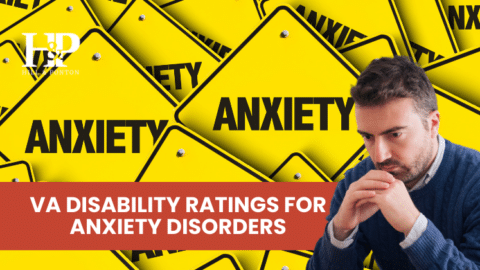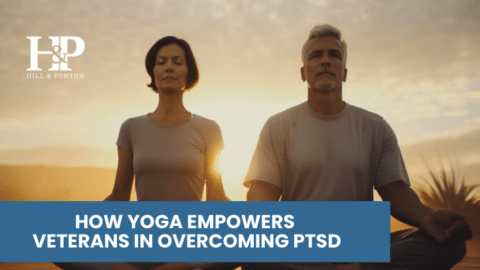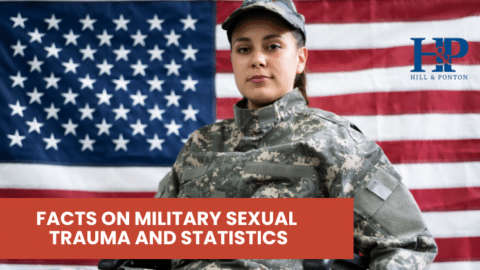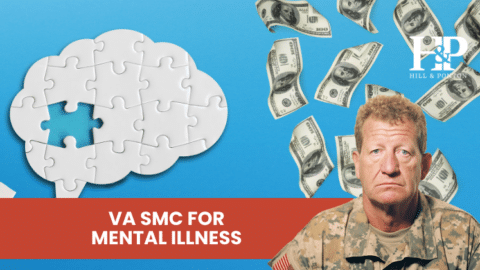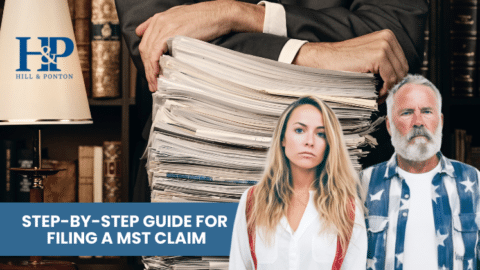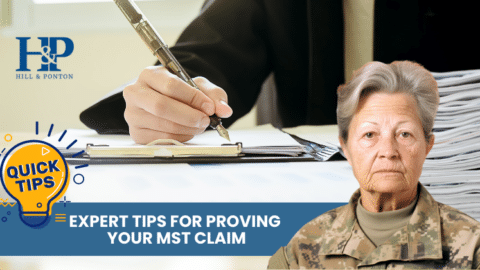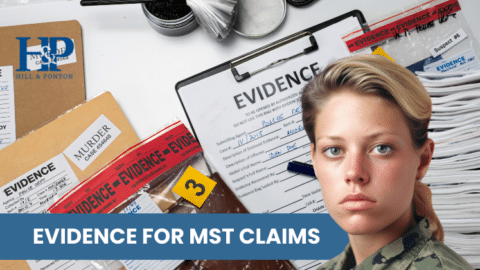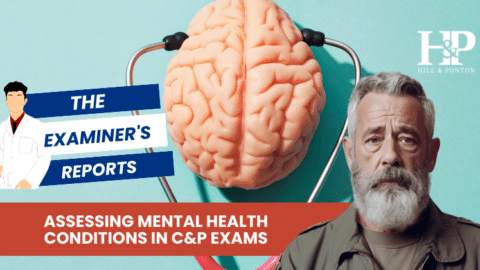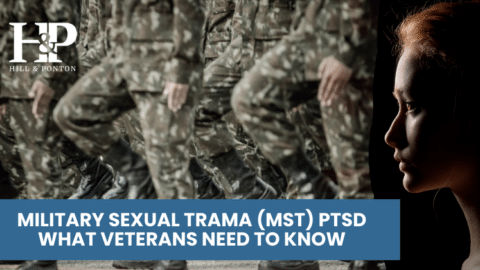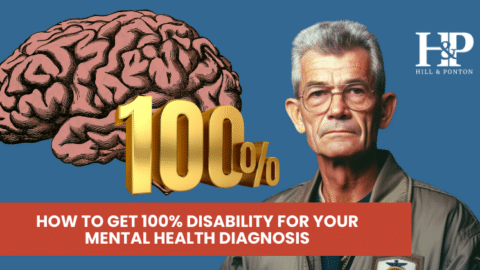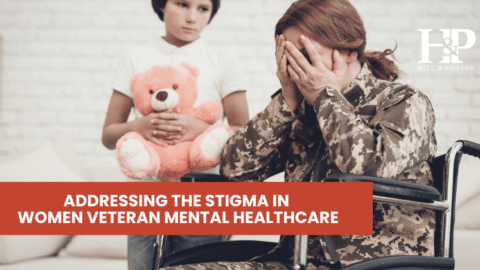Anxiety in American veterans is a real and pressing issue. According to the Department of Veterans Affairs, mental health conditions like anxiety
Learn MoreVA Mental Health
Many veterans experience physical injuries after being in active duty but what about those that are struggling with chronic mental health issues as well? Thankfully the VA does recognize mental health conditions as disabling conditions that can be service-connected and assigned compensation for. Conditions such as PTSD, Depression, and Anxiety are not new constructs. These conditions have always been present in some of our veterans but only recently has the VA and general public paid more attention to how our veterans are mentally when returning from active duty. In this section, we discuss the difficulties of veterans with chronic mental health issues. They face feelings of doom, insomnia, panic attacks, hyperawareness, and much, much more. We also discuss how mental health issues could surface as a secondary condition related to a primary physical ailment that is affecting the veteran significantly. Help is here.
Here are our Top 10 Recommended Mental Health blogs:
- VA Disability Rating for PTSD Explained
- PTSD Criteria
- VA Disability Ratings for Depression Explained
- VA Ratings for Top 3 Anxiety Disorders!
- Tips On Proving Your MST Claim
- VA MST Claims and Benefits Explained
- PTSD and Veterans: Breaking Down the Statistics
- How VA Rates PTSD and Depression
- How Chronic Pain Affects Your Mental Health
- Diabetes and Cardiovascular Disease Secondary to Depression
How Yoga Empowers Veterans in Overcoming PTSD: Exploring the Healing Benefits
Today we’re addressing a topic of vital importance to veterans across the United States - Post-Traumatic Stress Disorder (PTSD). This mental
Learn MoreFacts on Military Sexual Trauma and Statistics
What is Military Sexual Assault? According to the Department of Defense (DoD), sexual assault is defined as intentional sexual contact,
Learn MoreVA SMC for Mental Illness
Sometimes mental health takes a toll on one's ability to care for and about themselves. Maybe the veteran isn't eating regularly and needs someone
Learn MoreThe Expert Step-by-Step Guide for Filing a Military Sexual Trauma (MST) Claim
Military sexual trauma (MST) is a serious issue that affects veterans who have experienced sexual harassment or assault during their military service.
Learn MoreExpert Tips For Proving Your MST Claim
Military sexual trauma, or MST, is the term used by the VA to describe experiences of sexual assault or repeated, threatening sexual harassment that a
Learn MoreEvidence for Military Sexual Trauma (MST) Claims: How Can You Strengthen Your Case?
How Can Veterans Show Evidence of Military Sexual Trauma? Sexual assault continues to be a serious problem in the military. In 2018
Learn MoreUnseen Disabilities: Assessing Mental Health Conditions in C&P Exams
Some disabilities are obvious. If you’ve suffered a burn wound or shrapnel injury, the evidence is typically clear - just show someone your skin!
Learn MoreMST PTSD: What Veterans Need to Know
The term military sexual trauma (MST) refers to any incidents of sexual assault, threatened sexual assault, or ongoing threatened sexual
Learn MoreMental Health Matters: Disabilities That Qualify for 100% VA Disability Rating
Mental health disorders are a common issue among veterans who have experienced traumatic events during their military service. The Department
Learn MoreAddressing the Stigma in Women Veteran Mental Healthcare: The Most Visible Servicemembers But Most Invisible Veterans
Women are the fastest-growing demographic group in the military, and the population of female military service members and veterans is over 2 million
Learn MoreEmpowering Women Veterans with PMDD: Diagnosis, Treatment and Coping Strategies
Premenstrual Dysphoric Disorder (PMDD) affects a significant number of women veterans and can have a profound impact on their daily
Learn More